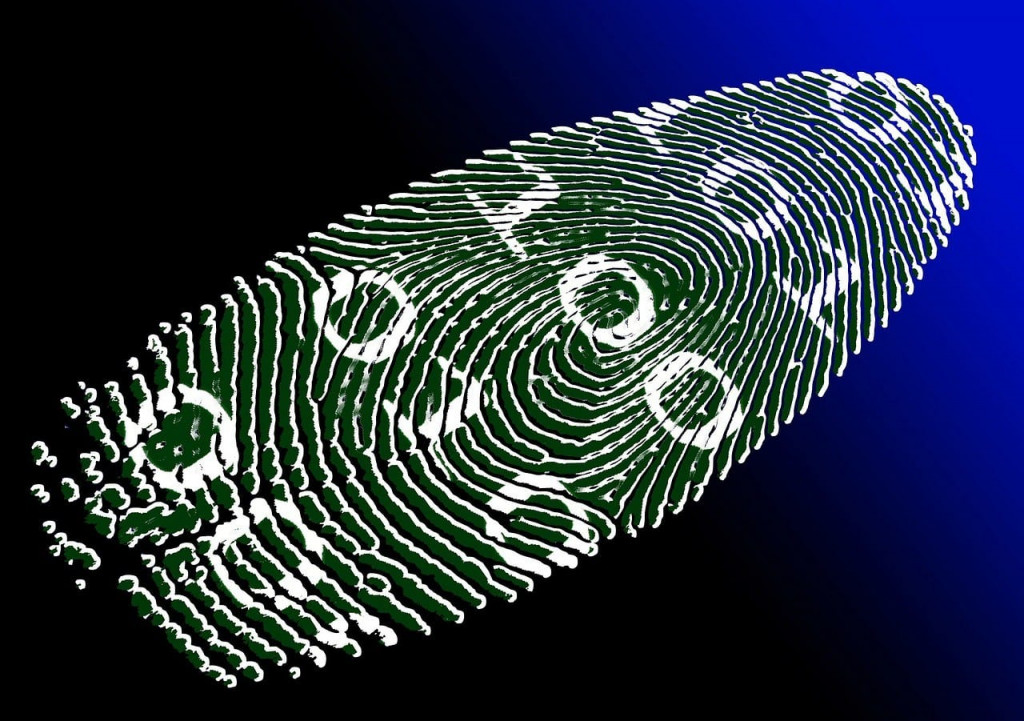
Family Wealth Background
We are witnessing an era of unprecedented transfer of wealth from one generation to the next as the world’s most affluent individuals approach retirement and contemplate their succession and wealth planning issues.
The needs of these families are extensive, complicated, and require expert advice, so many are considering a Family Office to help them manage this transition and provide a crucially provide a framework for the Next Generation (Next Gen).
The problem is especially difficult for many advisers is that they are ill-equipped to connect with these Next Gen clients who are technology savvy and expect a very different service experience than their parents did.
Wealth Transfer in numbers
There were 187,500 global Ultra High-Net-Worth Individuals (UHNWI), those with investable assets of over $30 million, in 2016, according to Knight Frank in their annual Wealth Report.
According to Bank of America the great transfer of wealth will see a handover of about $12 trillion from those born in 1920s and 1930s to the Baby Boomers. However, the Boomers are expected to transfer some $30 trillion in assets to their heirs over the next 30-40 years in just the US alone.
SIGN IN TO YOUR PREMIUM ACCOUNT TO READ MORE
(click Sign In at the top of the page)





